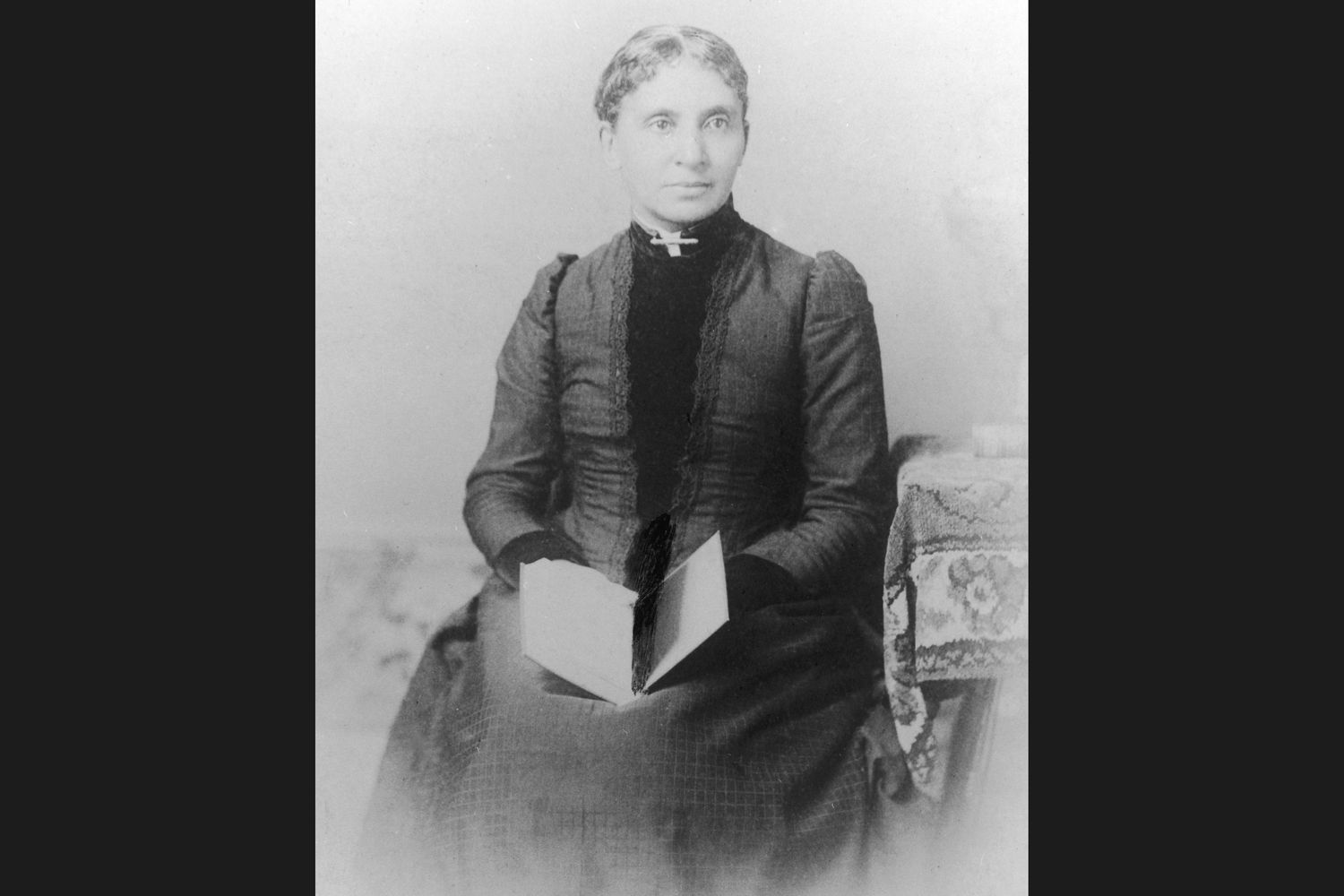A weekly overview of historical Black figures and their contributions

Charlotte Forten Grimke’ - Poet, Educator, Abolitionist, (1837-1914)
“But oh, how inexpressively bitter and agonizing it is to feel oneself an outcast from the rest of mankind, as we are in this country! To me, it is dreadful, dreadful...Oh that I could d much towards bettering our condition. I will do all, all the very little that lies in my power, while life and strength lasts!” - c. 1927
Born into a prominent abolitionist family in Philadephia Charlotte Forten was sent to Salem, Massachusetts, to complete her education. Forten focused on academics and the anti-slavery movement, joining abolitionist organizations and attending lectures by speakers such as Ralph Waldo Emerson Henry Beecher, and Senator Charles Sumner. In 1856, Forten took a teaching job at the first integrated Epes Grammar School, becoming the first black teacher in Salem to teach white students. She soon contracted tuberculosis, however, and moved back to Philadelphia to recover. She discovered a love for poetry and wrote many anti-slavery poems that were published in the Liberator and Anglo African magazines.
Forten resumed teaching in 1962, with the Port Royal Experiment, a program designed to educate the children of free slaves on the South Carolina Sea Islands. She recorded her experiences in “Life on the Sea Islands”, which was published by the Atlantic Monthly in 1864. In 1878, Forten married Francis J. Grimke’, an antislavery activist and minister. The couple joined forces in working for black equality and justice. In response to an editorial in the Evangelist magazine. Charlotte admonished the editor, who had stated that “Black men and women were no more than agriculture laborers, bootblacks and chimney sweepers.” She wrote that black Americans “Achieved in spite of overwhelming odds, and desired their rights as American citizens and fair treatment from others in a Christian spirit.”


